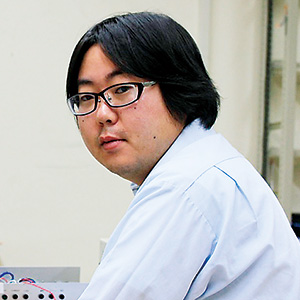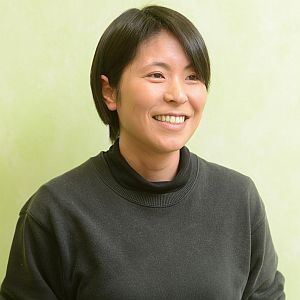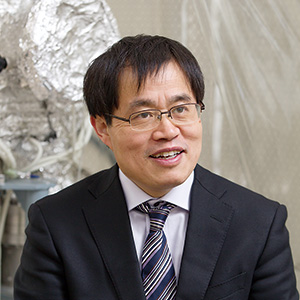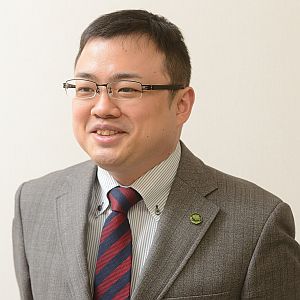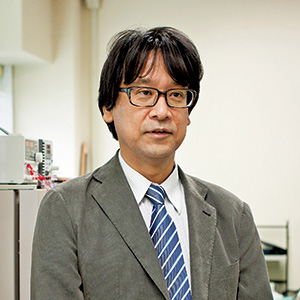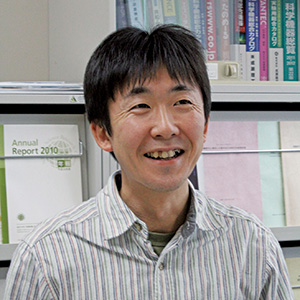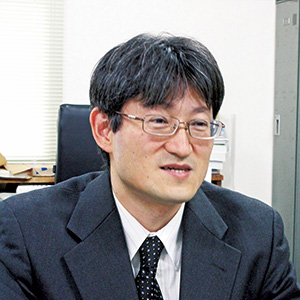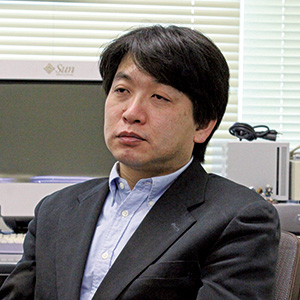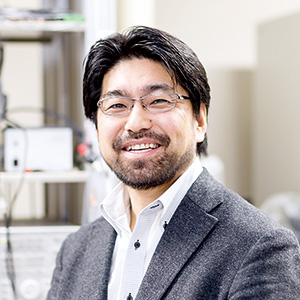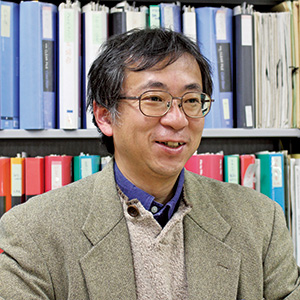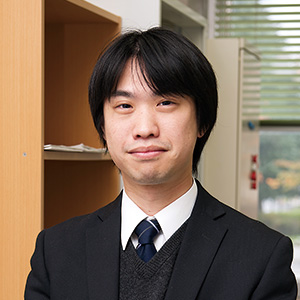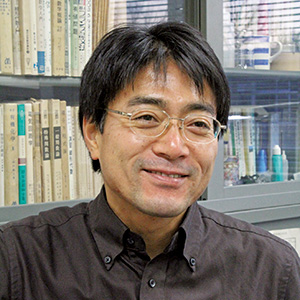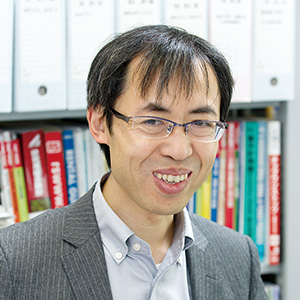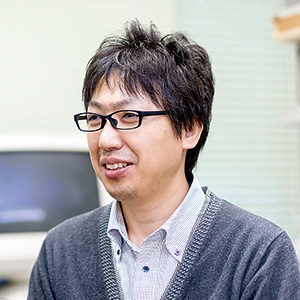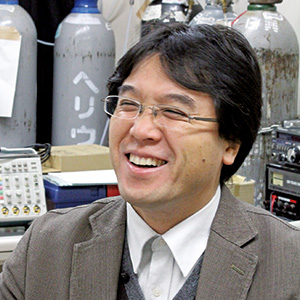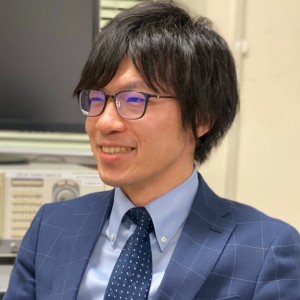Graduate Course in Electrical, Electronic, and Communication Engineering
Under the advanced electric energy management, electrical, electronic, and communication engineering (studies on wireless communication, digital signal processing, sensor devices, thin-film devices, plasma, and pulsed power) is essential for building the ICT (information and communication technology) based society. This course provides education and research opportunities by offering specialized fields including electric energy, electronic devices, and communication and electronic system. Based on electric and electronic engineering and electromagnetics taught at the undergraduate level, students acquire expertise in their specialized fields by learning subjects that are offered in different fields in a well-balanced manner including Advanced Electromagnetic Theory, Advanced Communications System Engineering, and Advanced Electronic Properties as well as through their research work at their labs.
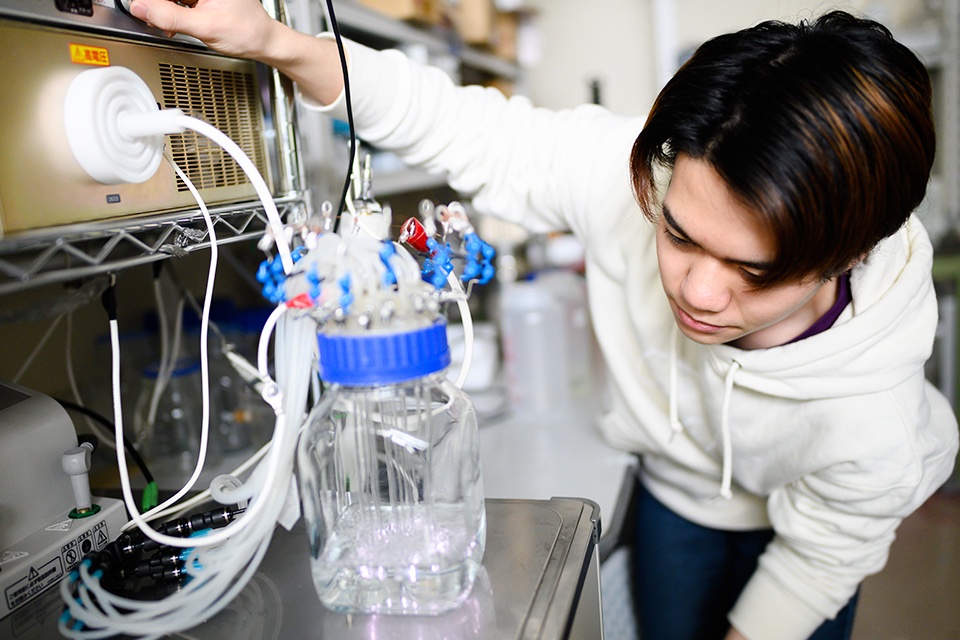
Interviews with Students
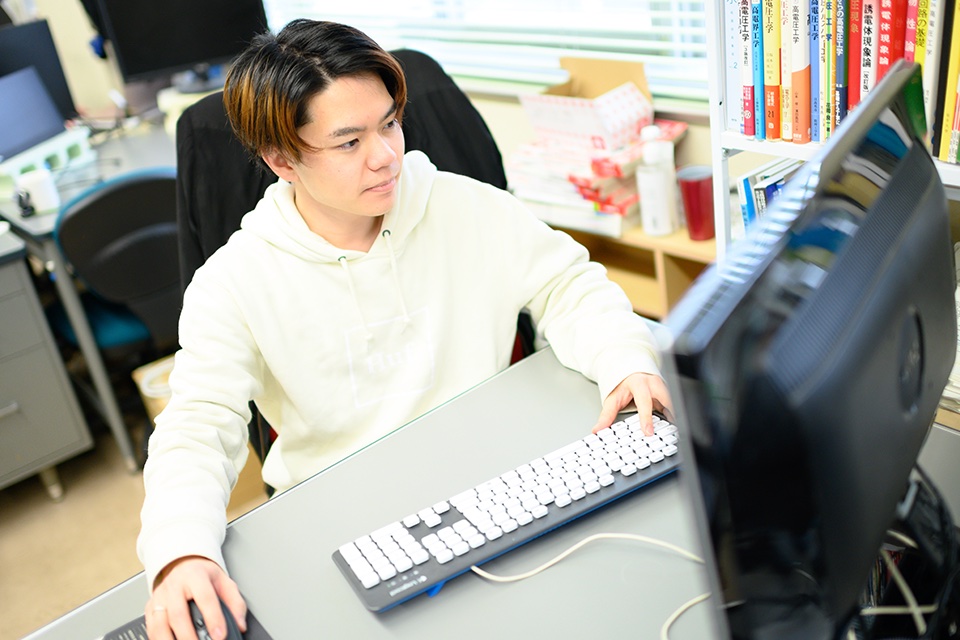
Many opportunities to improve your knowledge and skills.
SAKAKIBARA Tetsu
The reason why I decided to go on to graduate school is because I wanted to continue researching what I was researching as an undergraduate. In this course, students are assigned to a laboratory in their fourth year and begin their graduation research in earnest, but there is a limit to what you can learn about research in a one-year period, so I wanted to go on to graduate school to do serious research. In addition, I was anxious about deciding on a career path because I did not have a clear idea of the specific field in which I wanted to work when I was in my fourth year. I also wanted to choose my career path based on the experience I would gain in graduate school, which is much more extensive than in undergraduate school. One reason was that I wanted to increase my knowledge and experience, grow more, and broaden my options, and I also thought that if I proceeded to graduate school, I would have more opportunities to present at conferences and internationally.
During my undergraduate years, I studied mathematics necessary for electrical calculations such as linear algebra and calculus, and the fundamentals of electric circuits, electronic circuits, and electromagnetism through lectures and experiments with great interest. I also worked on the synthesis of catalysts by applying the chemical reactions of plasma at the gas-liquid interface, and the observation of the discharge phase of plasma at the gas-liquid interface. After entering graduate school, I have continued to work on the same topics as in my undergraduate studies.
Currently, I am mainly working on the decomposition of materials in liquid waste, which has negative effects on operation the operation of nuclear fuel reprocessing facilities. Japan has a policy to continue the stable use of nuclear power generation as a clean energy source toward carbon neutrality, and this liquid waste treatment needs to be solved promptly. I enjoy the fact that the results of my experiments are reflected in the form of results, and when the results are in line with my hypothesis, it gives me a great sense of accomplishment that I cannot experience anywhere else. However, there are many times when the results do not turn out as expected, and even though I have a master's degree, I still have little experience and knowledge as a researcher, so I do not always know how to deal with problems, which is a point of difficulty. I often face obstacles when experimental results different from what was assumed from theory occur in actual experiments.
While lectures were the mainstay of my university life as an undergraduate, research is the mainstay of my life as a graduate student, so I feel that planning a research plan and managing a schedule is often more necessary than it was as an undergraduate. In addition, I have more opportunities to present the results of my research at academic conferences, and I have more opportunities to hold discussions in English at international conferences. Although it is a lot of work, I feel that my communication, schedule management, and problem-solving skills have improved as a result, and I am glad that I went on to graduate school. It has been a big plus for me to have more opportunities to review my abilities and to grow as I gain a variety of experiences.
※Interviewed in December 2022.



